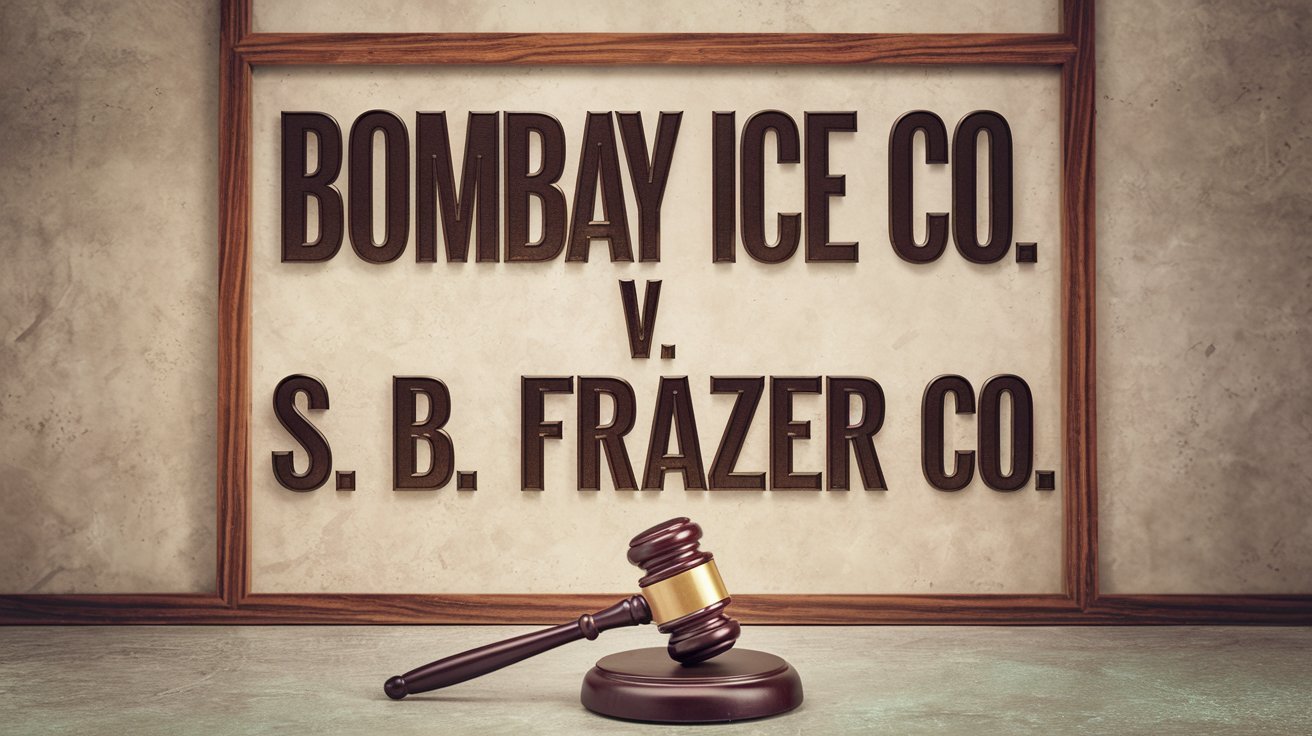Bombay Ice Co. v. S. B. Frazer Co 1904 (Case Summary)

In this case, the Hon’ble Bombay High Court examined the validity of agreements among competitors concerning trade practices and their compliance with Section 27 of the Indian Contract Act, 1872.
Table of Contents
ToggleFacts of Bombay Ice Co. v. S.B. Frazer Co.
- Several ice manufacturers, including S.B. Frazer & Co. and Bombay Ice Manufacturing Co., entered into an agreement to regulate the sale of ice in their respective markets.
- The agreement stipulated a fixed minimum price for the sale of ice.
- The distribution of profits among the participants was dependent on the proportion of ice each manufacturer was responsible for producing.
- Certain manufacturers, who did not sign the agreement, were restricted from selling ice in specific areas, such as Poona and to steamers.
Issues framed
- Whether the agreement between the parties constitute a restraint of trade under Section 27 of the Indian Contract Act, thereby rendering it void?
Judgment of Bombay Ice Co. v. S.B. Frazer Co.
The Bombay High Court analyzed Section 27 of the Indian Contract Act, 1872, which prohibits agreements that restrain a person’s freedom to trade, wholly or partially.
The court analyzed whether the agreement’s primary objective was to regulate the business operations of the participating manufacturers or to impose a restraint on trade. It was determined that the agreement aimed to establish a structured approach to the production and sale of ice, ensuring fair competition and stability in the market. The court noted that such regulatory agreements, which set standards for pricing and production quotas, do not inherently restrain trade but rather facilitate organized business conduct.
The court held that the agreement was valid and did not violate Section 27 of the Indian Contract Act. The court concluded that the arrangement was designed to regulate the business and was not intended to restrain it.





